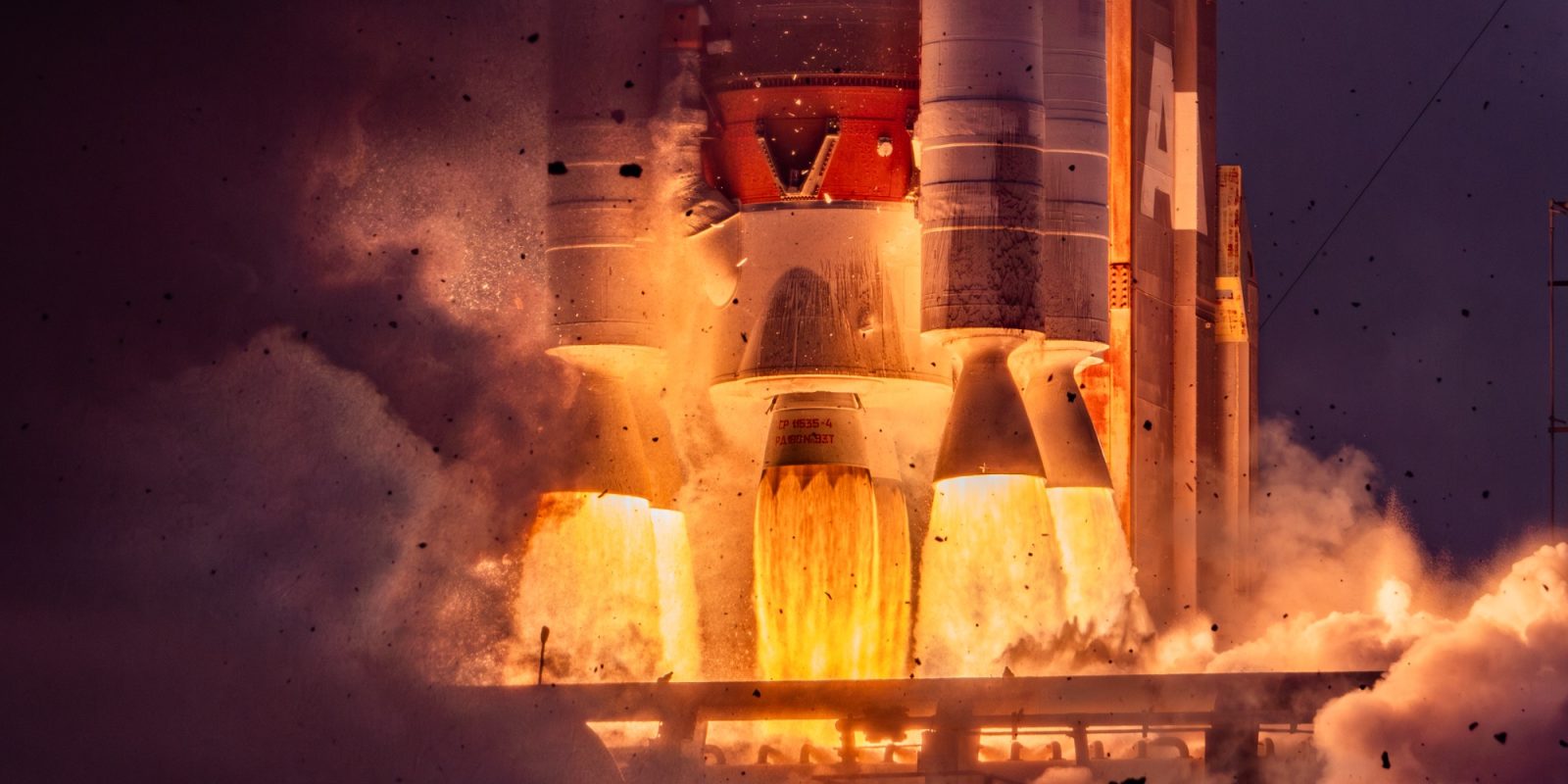
As United Launch Alliance rolled out its second Atlas V mission of the year on June 23, it wasn’t just rockets taking center stage. An ambitious artificial intelligence initiative dubbed “RocketGPT” has quietly lifted off behind the scenes, signaling the company’s broader modernization agenda alongside the final missions of the reliable Atlas fleet.
In June, ULA’s CEO Tory Bruno confirmed to SpaceNews that the company had launched a pilot of a private version of ChatGPT, internally called RocketGPT, that’s compliant with International Traffic in Arms Regulations, or ITAR.
Operating on Microsoft Azure’s secure government cloud, this tailored chatbot serves roughly 150 ULA staff across engineering, legal, finance, and proposal teams. Bruno described it as a “tool to help with drudgery and tedious, time‑consuming things,” from drafting technical reports to summarizing telemetry and preparing proposals.
Bruno was quick to clarify: “AI is really, really good at handling massive volumes of data … if that isn’t what you’re doing, that’s probably not the right tool.”
Importantly, RocketGPT is not a replacement for personnel. Instead, it’s a precision assistant where human engineers retain final decision-making responsibility and accountability over AI-generated outputs.
The timing aligns closely with ULA’s execution of Project Kuiper 2, the second contracted mission for Amazon’s low Earth orbit broadband constellation.
At 6:54 a.m. EDT June 23, an Atlas V 551 lifted off from Cape Canaveral, Florida, carrying 27 satellites, a mission that sets the stage for ULA’s transition to its next-generation Vulcan rocket. The launch follows the April 28 Kuiper 1 mission, the first full-scale deployment of Amazon’s internet satellites aboard Atlas V.
The June mission came just days after pivoting from a scrub and closely followed a record-setting 50th Space Coast launch so far this year by SpaceX, signaling ULA’s attempt to maintain cadence in a dramatically escalated launch environment.
With six to seven flights allocated to Project Kuiper, Atlas V remains active through 2026, even as ULA builds out Vulcan to take over Kuiper launch responsibilities. Vulcan’s next missions, including a national security launch and its first Kuiper flight, are targeted for late 2025 or early 2026. The company is also expanding its Cape Canaveral’s infrastructure, adding a second vertical integration facility to support dual‑rocket prep for a future launch pace of two per month.
Amazon has contracted more than 80 launches across ULA (Atlas V and Vulcan), SpaceX, Blue Origin, and Arianespace in its bid to deploy a 3,200‑satellite constellation by 2028. Atlas V’s role is pivotal until Vulcan reaches full operational capacity.
The remaining Atlas V flights are scheduled to continue at a modest cadence into 2026, with the final configuration flights likely dependent on Vulcan’s readiness and mission mandates. Delivering greater payload capacity – up to 45 Kuiper satellites per flight – and cost efficiencies, Vulcan is positioned to significantly accelerate Amazon’s deployment and ULA’s launch business.
Meanwhile, RocketGPT signals ULA’s pivot toward AI-enhanced processes – from proposal writing to telemetry analytics – bringing aerospace into the same digital-first era as defense and enterprise. Bruno emphasized that AI is “not magic,” underscoring the necessity of data training, oversight, and constant human review.
A successful RocketGPT pilot could lead to broader deployment across ULA and potentially wider adoption in defense‑sector aerospace, aligning with OpenAI’s $200 million Department of Defense frontier AI pact.
June 2025 marks a symbolic twin lift-off: Atlas V 551 lofts Kuiper‑2 satellites into orbit even as RocketGPT begins elevating ULA’s internal operations. The juxtaposition illustrates a future-facing ULA grounded in reliable rocketry, yet embracing AI-driven efficiency.
As Atlas V winds down and Vulcan scales up, RocketGPT may emerge as ULA’s quiet but pivotal thrust into a smarter, faster, more resilient aerospace era.
FTC: We use income earning auto affiliate links. More.



Comments